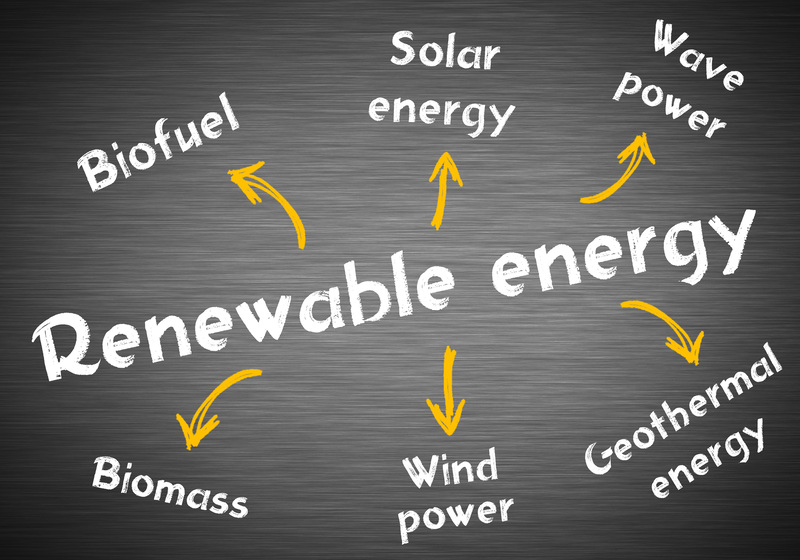Keeping Communities Safe by Properly Disposing of PPE Waste
In the wake of recent global health concerns, Personal Protective Equipment (PPE) has become a daily necessity for millions. While essential for public health, the surge in use has also sparked a new challenge: How do we manage PPE waste responsibly? Keeping communities safe by properly disposing of PPE waste is now more crucial than ever, and it requires both individual awareness and collective action.
Why Proper PPE Waste Disposal Is Critical for Community Safety
PPE items--like masks, gloves, face shields, and gowns--have saved countless lives. But improper disposal can undermine their very purpose. When thrown away carelessly, used PPE can:
- Spread infectious diseases as pathogens linger on contaminated materials
- Pollute the environment, especially water sources and wildlife habitats
- Endanger sanitation workers and public health personnel
- Clog waste management systems, causing operational hazards
Did you know? Globally, it's estimated that over 129 billion face masks are used each month. Without appropriate PPE waste disposal, this deluge becomes a serious community & environmental threat.

The Dangers of Improper PPE Waste Disposal
1. Public Health Hazards
Used PPE, especially masks and gloves, can harbor viruses and bacteria for hours or even days. When discarded carelessly in public spaces, they create a significant risk for community transmission. Children, pets, and even adults can inadvertently come into contact with infectious waste, undermining collective health efforts.
2. Harm to the Environment
PPE waste is usually made from single-use plastics like polypropylene, which does not biodegrade easily. Masks and gloves can clog water systems, harm marine life, and break down into microplastics that ultimately enter the food chain.
3. Risks to Waste Handlers
Waste management staff are the unsung heroes of public health. Handling unsorted or exposed PPE waste increases their risk of contracting disease and complicates safe recycling processes.
4. Littered Communities
PPE waste that's not disposed of correctly ends up as litter on streets, parks, and beaches. Not only is this unsightly, but it also sends the wrong message about community responsibility.
Best Practices for PPE Waste Disposal
Adopting best practices in PPE disposal isn't just about following rules--it's about protecting your loved ones, your neighborhood, and your planet. Here are proven steps to safely manage PPE waste:
Personal Steps for Individuals
- Do not litter: Always place used PPE in a waste bin. Never discard masks or gloves on the ground.
- Seal waste: Put used PPE in a separate bag, tie it tightly, and then place it in the general trash, not recycling.
- Wash your hands: After handling used PPE, always wash or sanitize your hands immediately.
- Mark your bag: If anyone in your home is sick, clearly label the bag as "potentially infectious" to protect garbage handlers.
Guidelines for Businesses and Institutions
- Provide PPE waste bins: Clearly marked, hands-free disposal bins in entrances, exits, and high-traffic areas.
- Educate employees and guests: Display posters and instructions on correct PPE waste disposal procedures.
- Arrange regular collection: Ensure PPE bins are emptied daily, with contents sent to facilities equipped for infectious waste.
- Keep staff safe: Provide personnel responsible for waste removal with gloves, masks, and training.
Community-Level Measures
- Community Clean-ups: Organize local events to safely collect abandoned PPE from public spaces.
- Awareness campaigns: Collaborate with local authorities to inform residents about the dangers of PPE littering.
- Reporting systems: Encourage residents to report illegal dumping or overflowing bins.
A comprehensive approach to PPE disposal can drastically reduce the risks to public health and safety.
Understanding PPE Waste Management Regulations
Many local and national governments have updated legislation to address the unprecedented increase in PPE waste. Staying informed and compliant is part of keeping your community safe by disposing of PPE waste properly.
- Check your local waste management guidelines for recommendations on PPE disposal method
- Some municipalities offer special collection days or facilities for PPE waste
- In healthcare and certain business settings, PPE is classified as "clinical waste" and must be processed accordingly
International Examples
- UK: The NHS requires PPE to be bagged and stored for 72 hours before disposal in general waste if someone self-isolates.
- USA: CDC recommends placing used PPE in a lined trash bin. Separate from recyclables.
- India: Guidelines exist for COVID-19 waste, with pick-up points for PPE at designated locations.
Innovative Solutions for Responsible PPE Disposal
Communities large and small are turning to creative methods for safe PPE waste management:
- PPE recycling programs: Some companies accept masks and gloves for specialized recycling into construction materials or energy recovery.
- Biodegradable PPE: Research is underway to develop eco-friendly masks that compost naturally.
- Community drop-off bins: Specially designated bins where residents can safely dispose of large quantities of PPE waste.
While traditional recycling does not accept contaminated PPE, new technologies are paving the way for greener alternatives.
What Can You Do to Keep Your Community Safe?
Be a Role Model
- Lead by example--always dispose of your PPE correctly
- Talk to friends and family about the risks of PPE litter
- Support local initiatives and campaigns to reduce PPE waste
Educate Others About Proper PPE Disposal
- Share resources on social media
- Host information sessions in schools or community groups
- Encourage children to take PPE litter seriously
Advocate for Policies and Infrastructure
- Petition for more PPE bins in parks, malls, and public spaces
- Engage with local representatives about introducing innovative PPE waste solutions
- Encourage businesses to adopt workplace PPE disposal guidelines
Frequently Asked Questions about PPE Waste Disposal
Can PPE waste be recycled?
No. Most standard recycling programs do not accept used disposable masks, gloves, or gowns due to contamination risk. Specialized recycling might exist in some regions--check with your local municipality.
Is burning PPE waste a safe disposal method?
While incineration can destroy pathogens, it must be done in regulated medical waste facilities to avoid air pollution. Never burn PPE at home.
What if I see PPE litter in public spaces?
Report it to your local authorities. If you choose to pick it up, use gloves and a litter picker, place the waste in a sealed bag, and wash your hands thoroughly afterward.
Are there penalties for improper PPE disposal?
Many cities have introduced fines for littering PPE. Check your local regulations to avoid penalties.

Conclusion: Every Piece of PPE Counts
In the battle for community safety, every action matters--especially how we manage PPE waste. Your daily habits affect not just your health but the wellbeing of everyone around you. Whether at home, at work, or in public, proper PPE disposal is a simple yet powerful way to fight against disease, protect the environment, and ensure a cleaner, safer neighborhood for all.
Together, let's prioritize our communities by making responsible PPE disposal a universal habit!
Further Reading & Resources
- CDC: Cleaning and Disinfecting Your Home
- WHO: Cleaning and Disinfection in the Context of COVID-19
- EPA: Disinfectant Use Against COVID-19
Keep your community safe--dispose of PPE waste properly!
